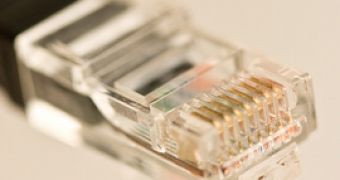The Internet is now an integral part of life in many countries and we rely on the web for anything from the banking system to entertainment. Despite this there are a great number of people who don't have access to the Internet even in the most developed countries. There are of course those who don't really have a need for it but there are also those who don't have access to a good Internet connection in the area. There have been some talks about providing people with Internet access but now Finland has become the first country to actually make broadband Internet a legal right for its citizens. According to the YLE, the country's national broadcasting company, Finland's Ministry of Transport and Communications has made 1 Mb broadband connections a guaranteed legal right for the country's roughly 5.5 million people. The plan will go in effect starting July 2010 and is an intermediary step towards a much more ambitious 100 Mb connection by 2015. The country announced last year that it would make 100 Mb connections a legal right by 2015 and now is claiming that the plan stands.
There are some caveats to the plan as the Internet connections won't be ubiquitous. Some 2,000 households in very remote locations in the country won't be included in the plan. Furthermore the law doesn't state that all households will be guaranteed the connections but rather that they should be no further than 2 kilometers from a connection capable of the speed. These were the requirements announced last year and they apparently also apply to this new plan.
But the country is even more ambitious as it claims that households in Helsinki, the nation's capital, will have gigabit connections available. However, the Internet access won't be free and won't be guaranteed by the government but rather just the possibility to have access to the services regardless of the location. Other countries have declared Internet access a basic human right but Finland is the only one so far to make it a legal right.

 14 DAY TRIAL //
14 DAY TRIAL //